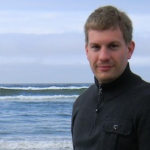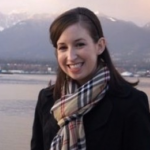I am a cancer researcher
April 16, 2015
By: Emily Drake
In October of this past year, I attended the second annual Society of Adolescent and Young Adult Oncology (SAYAO) conference: Breaking Barriers in Acute Lymphoblastic Leukemia. It was held at the University of California, Irvine (UC Irvine) in partnership with the Hyundai Cancer Institute at CHOC Children’s and SeventyK. As the title implies, this year’s conference took a unique approach and focused specifically on acute lymphoblastic leukemia (ALL). Experts from around the world were present for three days of presentations, discussions and at times, academic debates.
The conference marked the launch of a new campaign called “I am a cancer researcher.” Dr. Sender, Director of Pediatric, Adolescent and Young Adult Cancer Programs at CHOC Children’s Hyundai Cancer Institute and UC Irvine Health’s ChaoFamily Comprehensive Cancer Center, is the visionary behind SAYAO and conceptualized the idea for this project. He feels that in order to further the adolescent and young adult cancer movement, science needs to be conducted to explore why diseases present themselves differently and at times, more aggressively, in the adolescent and young adult (AYA) cancer population. He views the role of both SAYAO and the Journal of Adolescent and Young Adult Oncology to be a force that pushes the envelope and works toward understanding why the diseases present themselves as they do in the AYA cancer population.
The point of the campaign is that everyone is a cancer researcher. Dr. Sender is a physician and a cancer researcher. Myself, as the Director of CancerFightClub, am a cancer researcher. AYAs living with cancer and their families are cancer researchers. Why? If you or your loved one is living with cancer, then chances are you do important research. You may conduct Google searches, contact companies, call different hospitals to see what research they are doing to find out what is best for you, and ask other people living with cancer what has worked for them. That is research. You may donate your blood so that physicians can do genomics research. You may donate your tissue to research. You may tell researchers and healthcare providers your family history or write about your experiences in journals to provide context to what you are experiencing (e.g., your treatment or side effects). All of these things are research.
I am a cancer researcher is a way of saying that you are empowered as a cancer patient. Dr. Sender told me that “… we don’t know the answers right now because our cures come at terrible costs. What we want with cures is the least amount of long-term damage to someone. We want people to survive and find their new normal. I want them to get busy living. That is the goal.” This goal he believes can be achieved, as “the answer to cancer is in all of us as cancer researchers.”
This blog entry was originally published on The Huffington Post. You can learn more about Emily Drake here: https://www.huffingtonpost.com/emily-drake/





